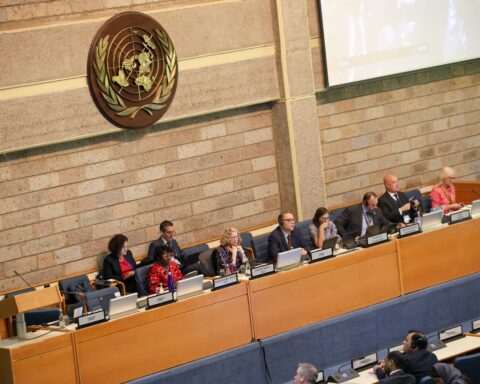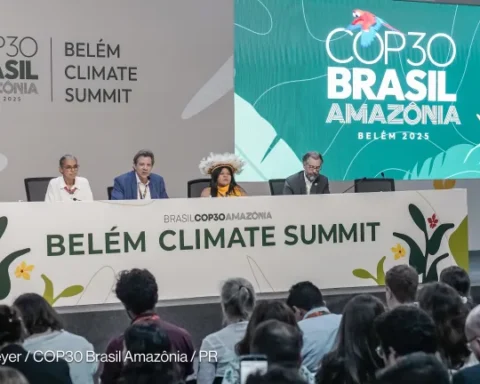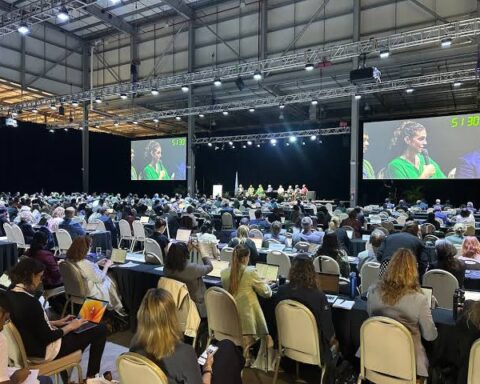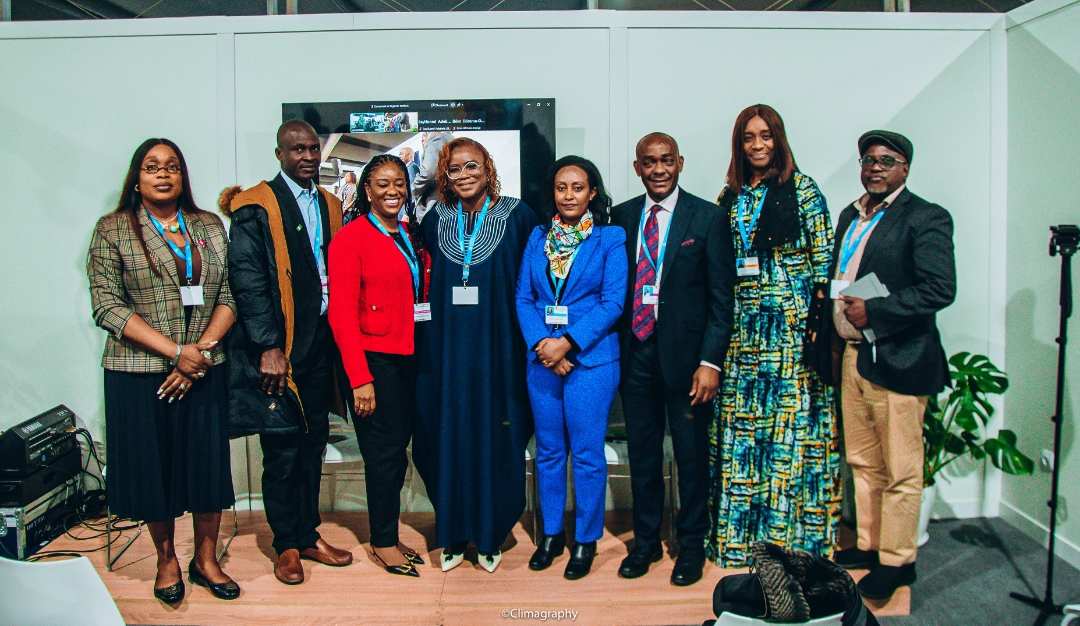Delegates from over 170 nations concluded the fifth session of the Intergovernmental Negotiating Committee (INC-5) on a global treaty to address plastic pollution, including in marine environments, with an agreement on a draft ‘Chair’s Text.’
The text will serve as the foundation for further negotiations when talks resume in 2025.
The week-long meeting, held in Busan, Republic of Korea, brought together more than 3,300 participants, including government representatives and observers from over 440 organizations.
The session marks a significant step towards creating a legally binding international instrument to combat the escalating crisis of plastic pollution.
Inger Andersen, Executive Director of the UN Environment Programme (UNEP), described the Busan talks as a pivotal moment.
“The world’s commitment to ending plastic pollution is clear and undeniable. Here in Busan, talks have moved us closer to agreeing on a global legally binding treaty that will protect our health, our environment, and our future from the onslaught of plastic pollution,” she said.
However, Andersen acknowledged persisting disagreements on critical issues, necessitating more time for dialogue.
“We have made good progress towards securing the deal the world demands. But it is clear there is persisting divergence in critical areas,” she added.
A Historic Mandate
The negotiations follow a historic resolution adopted at the UN Environment Assembly (UNEA-5.2) in March 2022 to develop a treaty addressing plastic pollution across its full lifecycle from production and design to disposal.
The resolution aims for a comprehensive and ambitious approach to tackle the global plastic crisis.
Ambassador Luis Vayas Valdivieso, Chair of the INC, called on delegations to sustain momentum.
“Our mandate has always been ambitious. But ambition takes time to land. Busan has put us firmly on a pathway to success,” he stated, urging delegates to continue bridging differences and fostering dialogue.
The INC Secretariat is tasked with informing delegations of the venue for the resumed fifth session.
The treaty negotiations began in Punta del Este, Uruguay, in November 2022, with subsequent rounds in Paris, Nairobi, and Ottawa.
Jyoti Mathur-Filipp, Executive Secretary of the INC Secretariat, emphasized the urgency of the mission.
“We have tested the resilience of this planet to its limit. Now is the time for us to push our own limits and honour the trust placed in us. We have no choice but to succeed,” she said.
Implications for Africa
As one of the regions most affected by the devastating impacts of plastic pollution, Africa has a significant stake in the negotiations.
The continent faces mounting environmental and health challenges from plastic waste, exacerbated by limited recycling infrastructure and increasing consumption.
Observers hope the eventual treaty will address these disparities and provide frameworks for countries to adopt sustainable practices while supporting vulnerable populations disproportionately affected by plastic pollution.
The INC’s work represents a critical opportunity for global cooperation in reversing the damage caused by plastics and protecting ecosystems and human health.
The resumed session in 2025 is expected to build on the progress achieved in Busan.
By Dare Akogun








